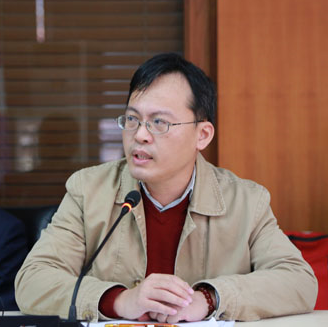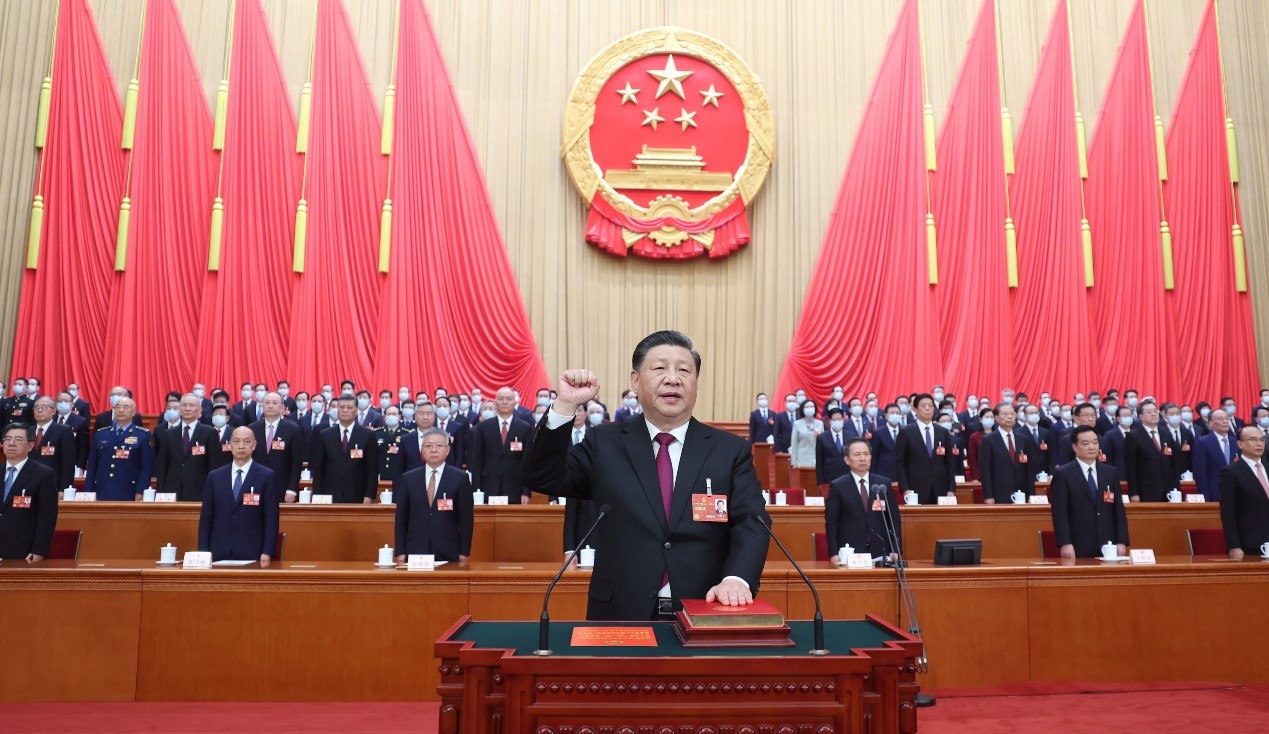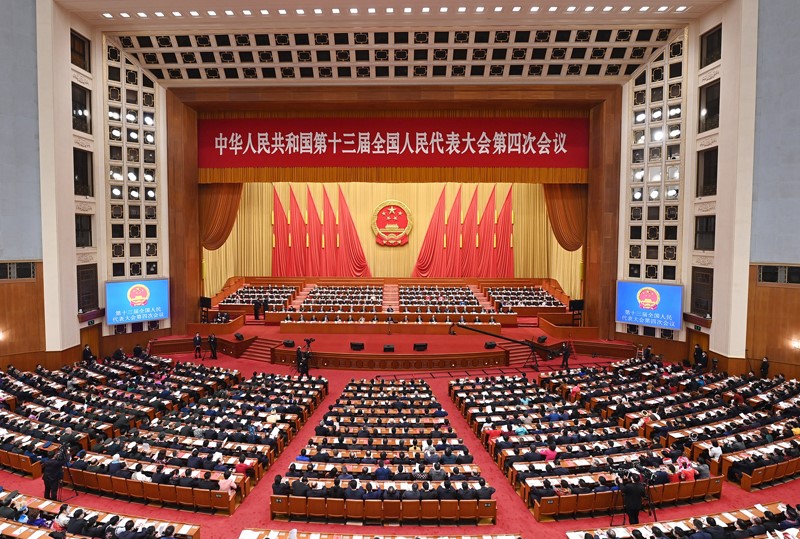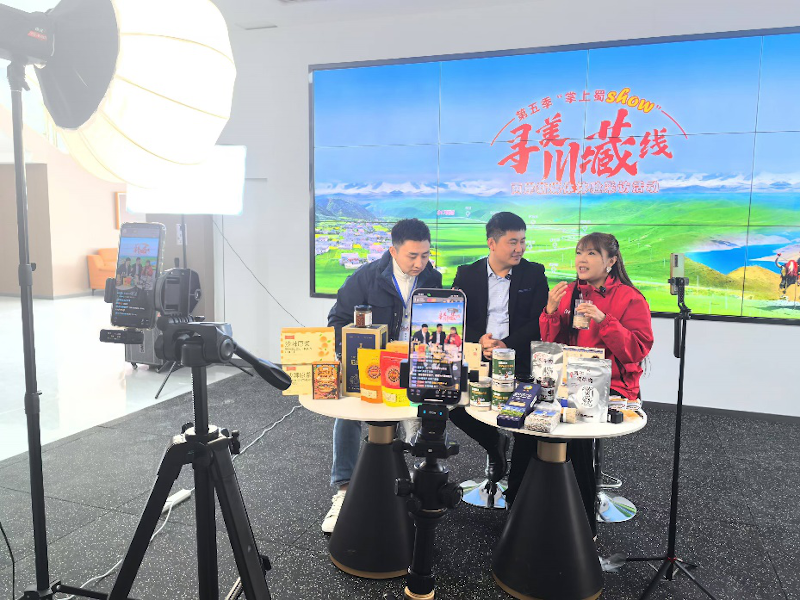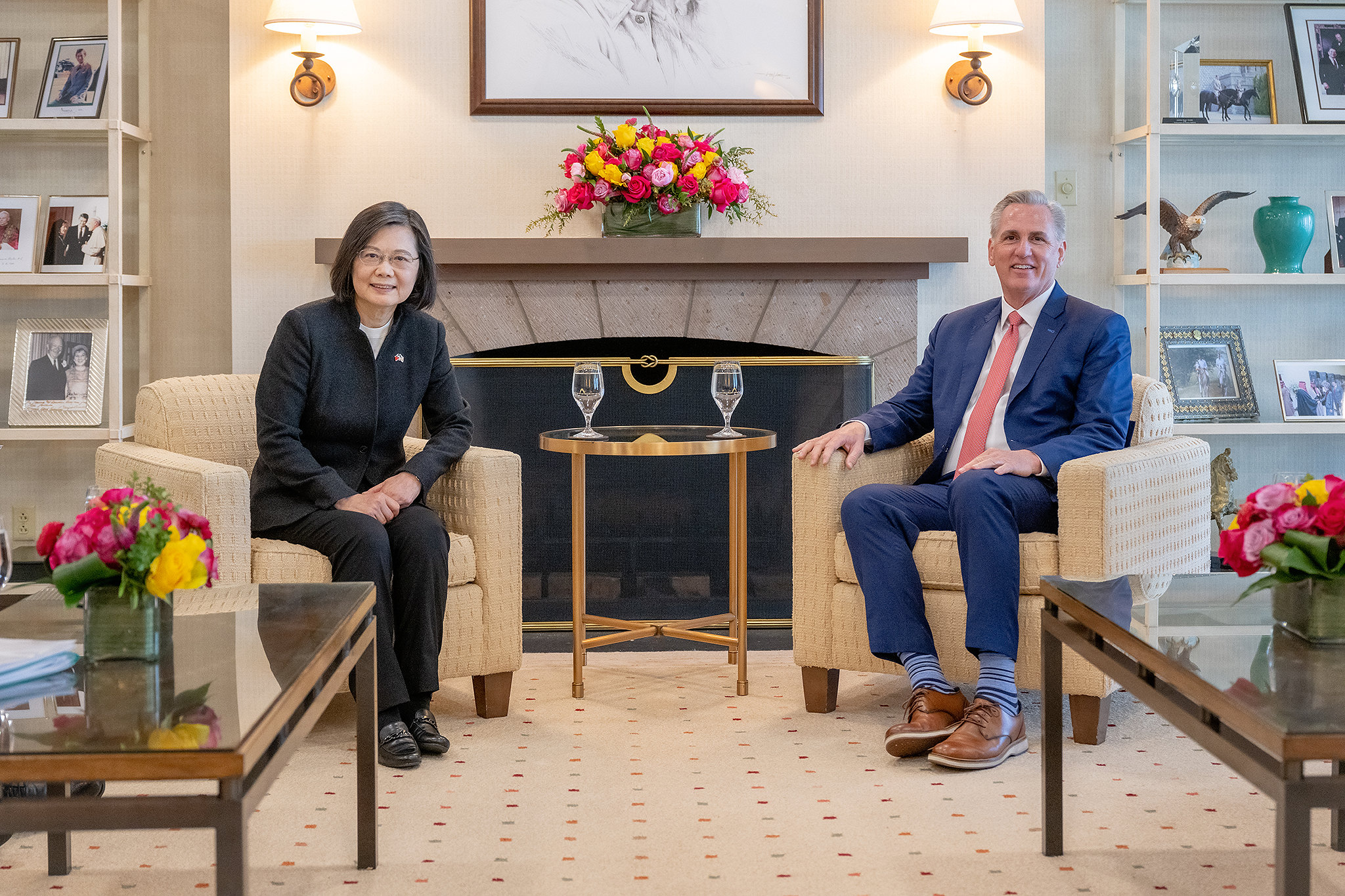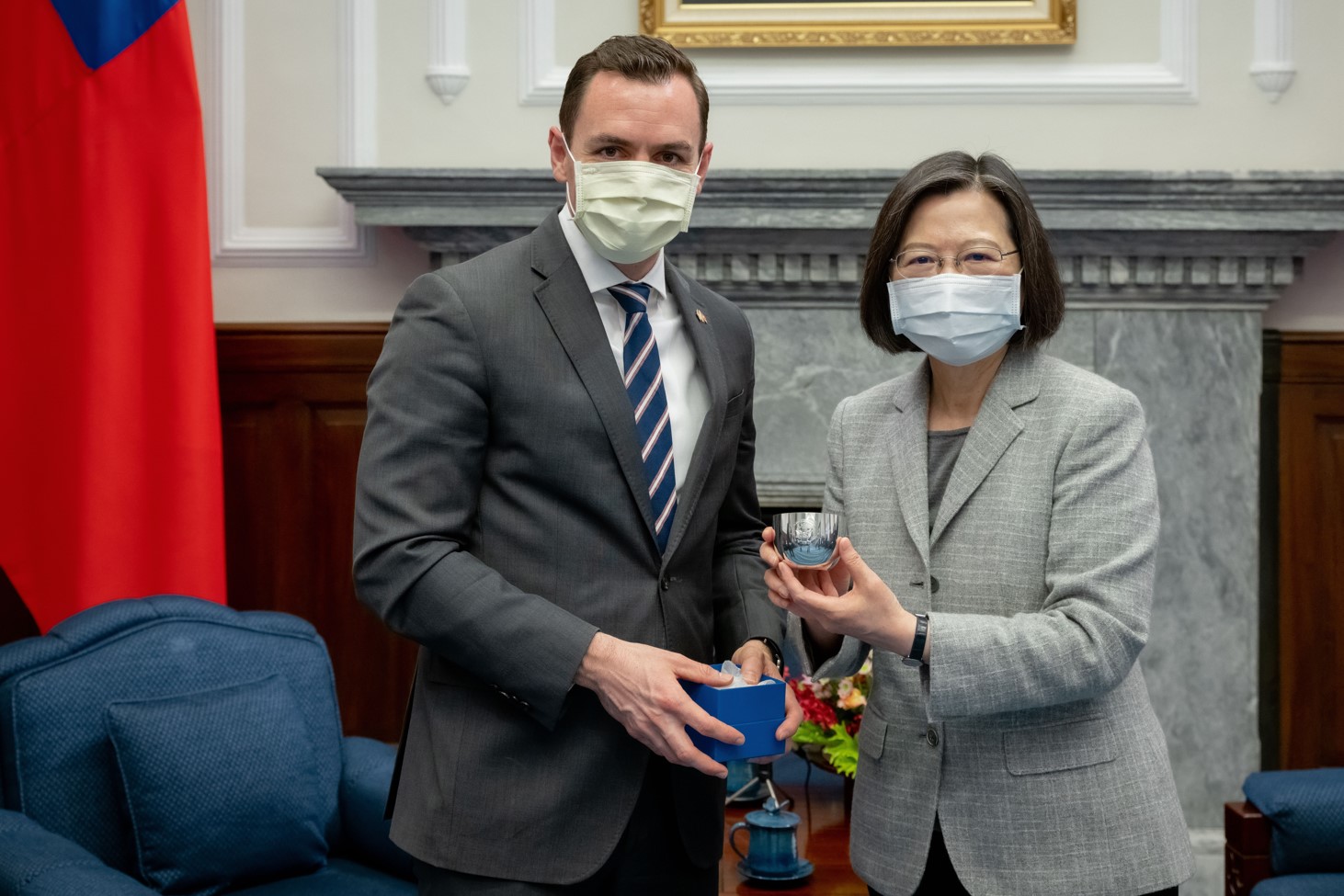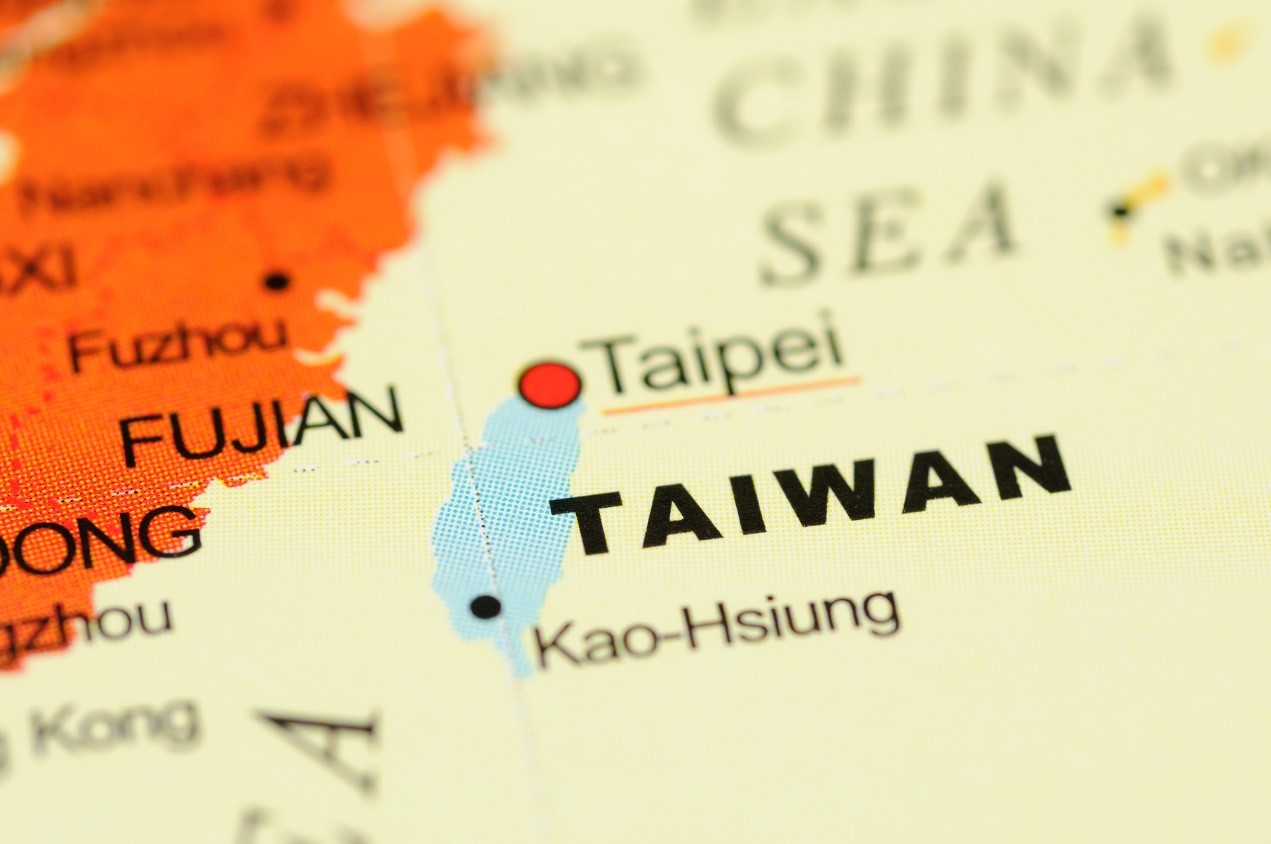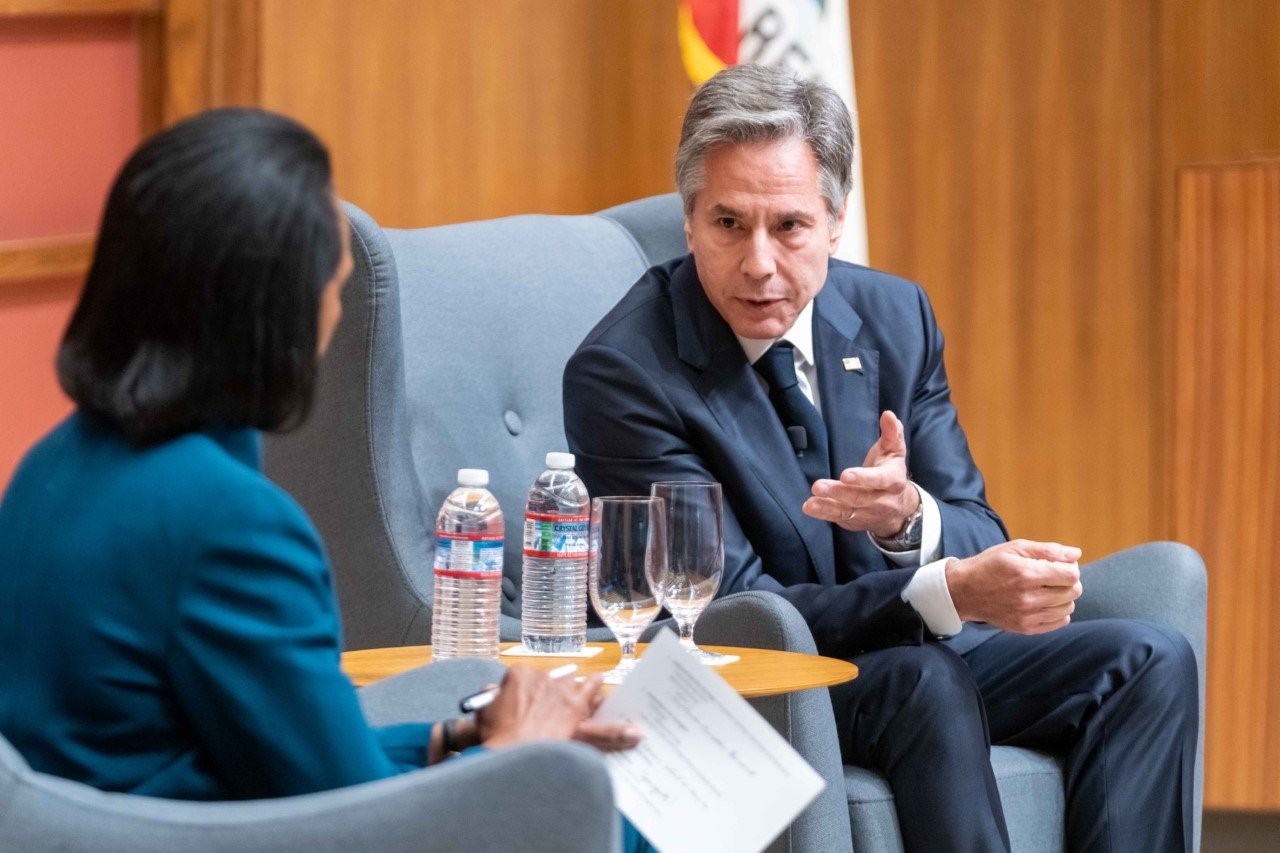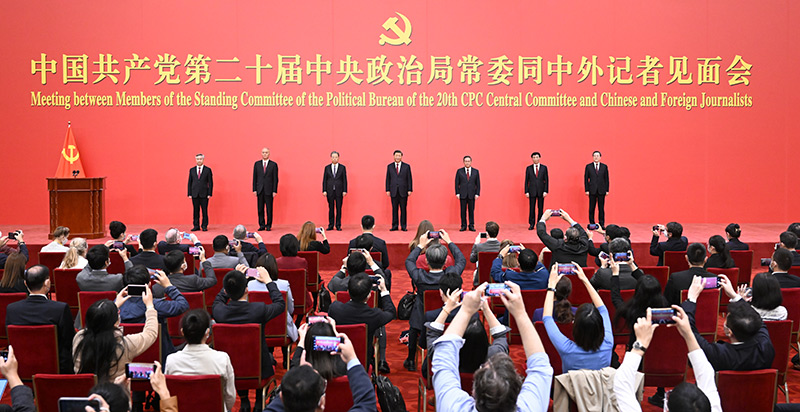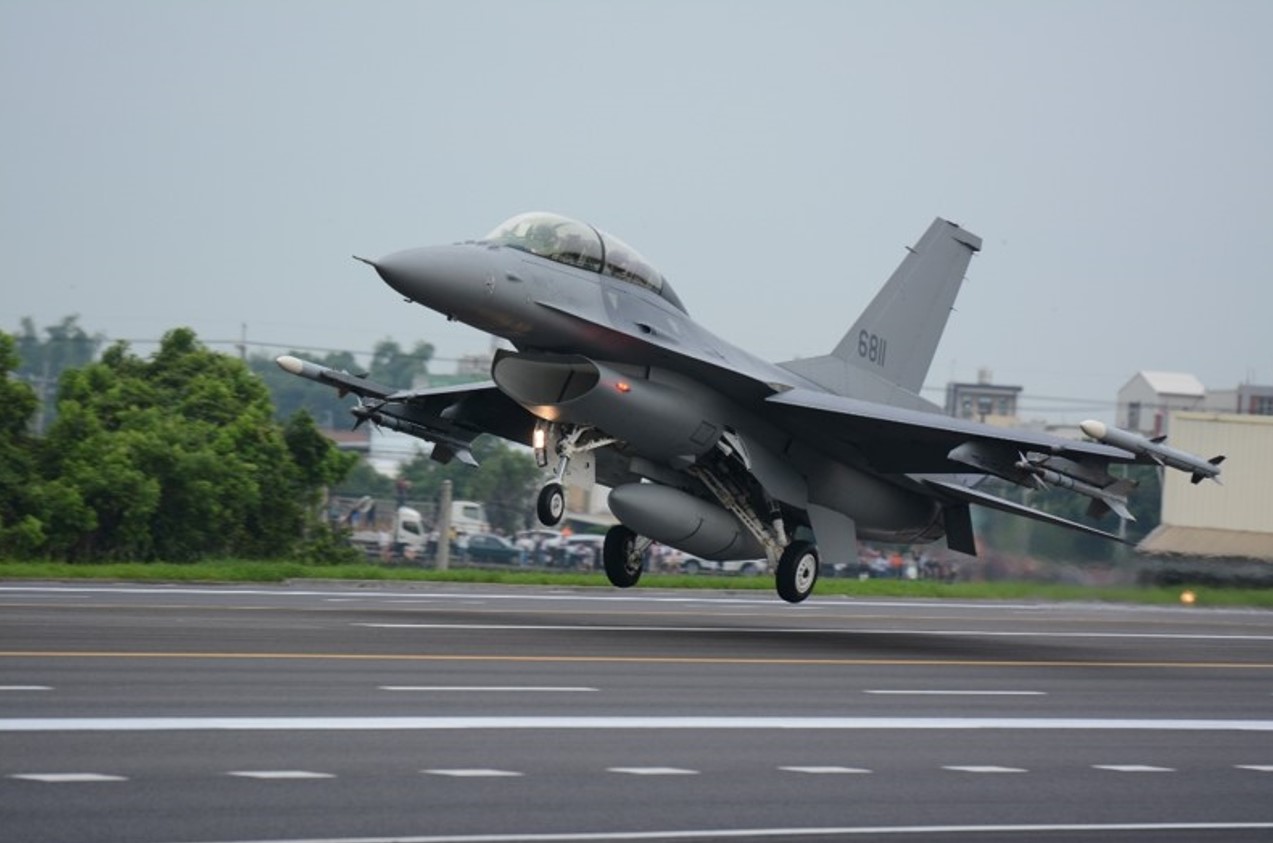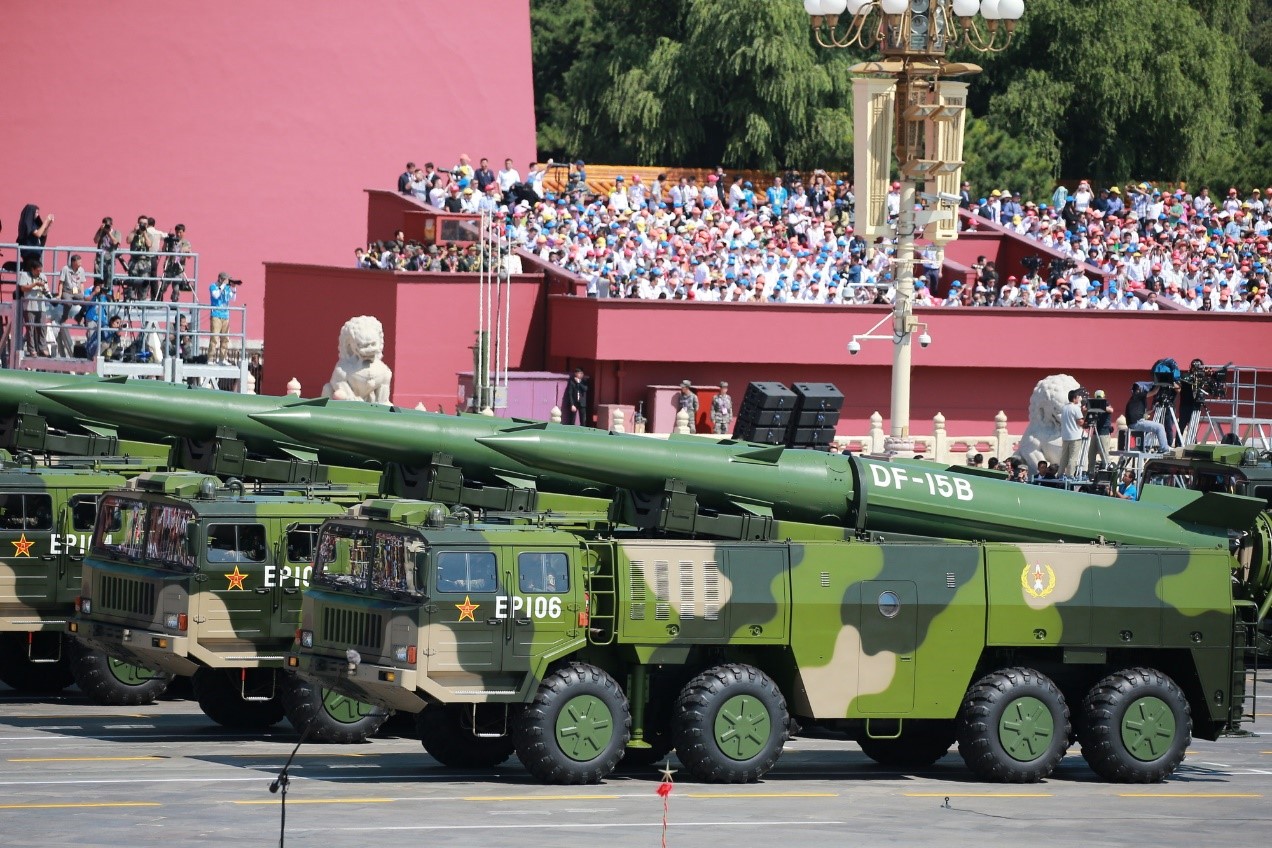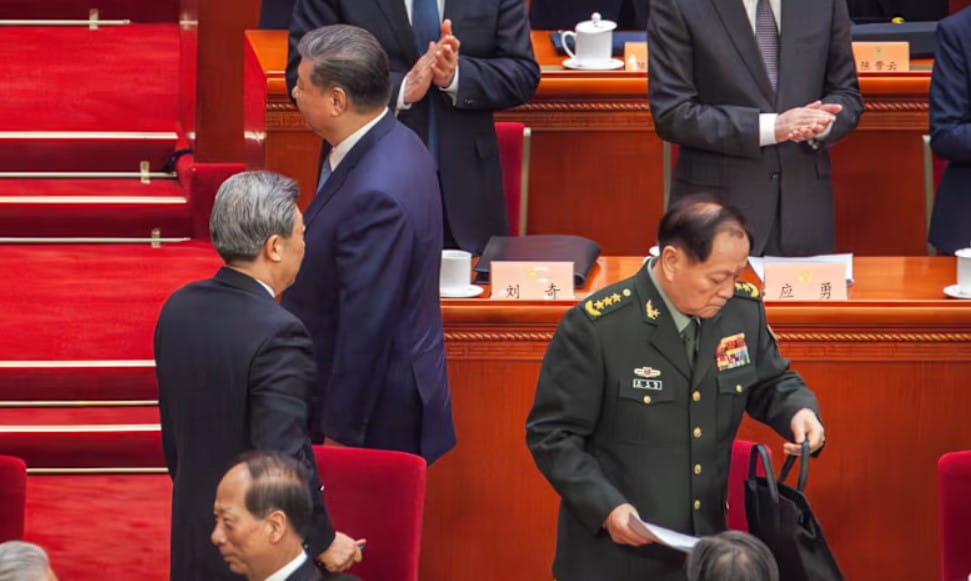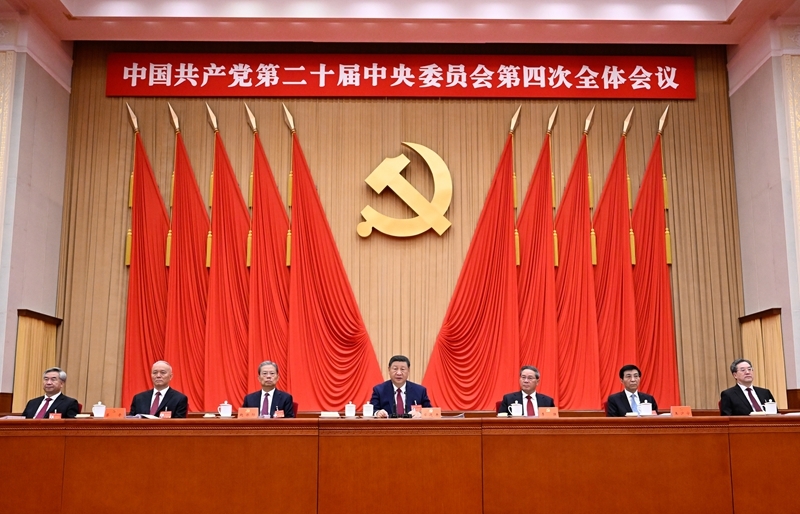Analyzing the CCP’s Strategy on Taiwan from China’s Two Sessions Report
The National People’s Congress and the Chinese People’s Political Consultative Conference held their two sessions between March 4-11, 2023. On the whole, the CCP continues to employ a two-pronged approach to Taiwan and strengthens the connection between its Taiwan policy and China’s national development.
Picture source: 鞠鵬, March 10, 2023,《中國政府網》, http://big5.www.gov.cn/gate/big5/www.gov.cn/xinwen/2023-03/10/content_5745926.htm#2
Analyzing the CCP’s Strategy on Taiwan from China’s Two Sessions Report
Prospects & Perspectives No. 13
By Wen-hsuan Tsai
The National People’s Congress and the Chinese People’s Political Consultative Conference held their two sessions between March 4-11, 2023. The progress of the Chinese government’s work in various areas was the object of two sessions and have garnered international attention. These have always been one of Taiwan’s and other countries’ primary concerns, particularly regarding China’s policies towards Taiwan. These are the first two sessions of Xi Jinping’s third term in the presidency. Many observers hope to evaluate the direction of xi’s leadership based on the contents of the sessions. Notably, the interview time given at this year’s two sessions was much shorter than in the past, which suggests that the Chinese Communist Party (CCP) was cautious about this year’s two sessions.
In his April 4 report, Wang Yang, chairman of the Chinese People’s Political Consultative Conference, emphasized the need to work hard to strengthen the unity of the Chinese nation; however, he did not express his views on cross-Strait relations or exchange activities in 2022. Wang Huning, who could soon replace Wang Yang in the leadership of the Political Consultative Conference, could strengthen the development of the united front theory, in particular the operational principles of united front work against Taiwan. Therefore, in his last speech, Wang Yang did not focus much attention to Taiwan-related matters, but instead deferred to his successor, Wang Huning.
In addition, relevant discussions about Taiwan’s work were mentioned in the government report. Premier Li Keqiang mentioned in his government report on March 5 that the theme of the 20th National Party Congress should be continued, emphasizing adherence to the Party’s overall strategy for resolving the Taiwan “issue” in the new era, to promote cross-Strait economic exchanges and cooperation, and to advance the process of “peaceful reunification.”
Comparing this year’s government work report with last year’s, we find that this year’s wording emphasizes the need for unification. The 2022 political and legal work report pointed out that China must resolutely oppose “Taiwan independence separatist acts”; However, this year’s report emphasizes not only opposing independence, but also promoting “reunification.” In addition, Li expressed his desire to promote economic exchanges and cooperation between the two sides of the Taiwan Strait, as well as to improve the welfare of “Taiwanese compatriots.” Based on the information in this year’s report, the CCP’s efforts to engage Taiwan can be imagined as follows.
First, given that Xi could be the General Secretary in 2027, the policy toward Taiwan must strengthen its unified tone and practice. Although armed conflict may not break out across the Taiwan Strait in the next five years, the CCP hopes to use various means to pressure the Taiwanese government into peace talks and cannot always maintain the status quo. Of course, the Taiwanese government and population are wary of and resistant to the CCP, but the CCP hopes to exert pressure on the Taiwanese government via both hard and soft methods. While the cross-Strait division could perhaps not change in the next 20 years, the CCP hopes to enter the negotiation phase. The duration of the negotiations may be comparable to the negotiations in the 1980s between China and the United Kingdom over the future of Hong Kong. However, Xi’s concerns regarding cross-Strait issues may stem from the need to engage in negotiations to establish certain historical merits. Thus, Xi may not seek immediate “reunification,” as this would undoubtedly increase the hostility of the United States, Western countries, and East Asian countries toward China, and could result in containment.
The second aspect of Xi’s policy toward Taiwan was an emphasis on top-level design and overall layout. In short, Taiwan issues in the past were more closely related to United Front work, whereas the CCP now places Taiwan within the strategic context of the rejuvenation of the Chinese nation and the country’s overall development. This includes Taiwan’s scientific and technological talents, particularly in nanometer, 3C, semiconductors, and network communication; China will recruit and provide preferential conditions for these individuals. In addition, as chairman of the Chinese People’s Political Consultative Conference and an important staff member of Xi’s small circle, Wang Huning is likely to establish a new set of discourses for the CCP regarding Taiwan, adding new theories or concepts to the existing “one country, two systems” and “1992 consensus.” Moreover, these new discourses must appeal to Taiwanese citizens and strengthen their identification with the CCP. This may not be an easy task for Wang.
Finally, the CCP’s Taiwan strategy for the next five years should be primarily peaceful, but Xi hopes to enter into substantive negotiations. Under this premise, the CCP will seek to expand exchanges with Taiwan. In the face of competition from the United States and the anti-China sentiment of the Taiwanese, China’s measures and means may not be effective in the short term. Moreover, following the COVID-19 epidemic, cross-Strait exchanges were suspended for a time, and the CCP is actively seeking their resumption. This year could present a window of opportunity for the expansion of cross-Strait exchanges.
On the whole, the CCP continues to employ a two-pronged approach to Taiwan and strengthens the connection between its Taiwan policy and China’s national development. The CCP’s “Overall Strategy for Solving the Taiwan Issue in the New Era” and the “Taiwan Issue and China’s Unification in the New Era” white papers published in August 2022 reveal China’s political ambitions and efforts toward Taiwan. In the context of the U.S.–China confrontation, Taiwan’s most important task is to determine the best diplomatic strategy among major powers, as opposed to blindly forming alliances or countering a specific party, and to consolidate its independence in the international arena.
(Dr. Tsai is Research Fellow, Institute of Political Science, Academia Sinica)

